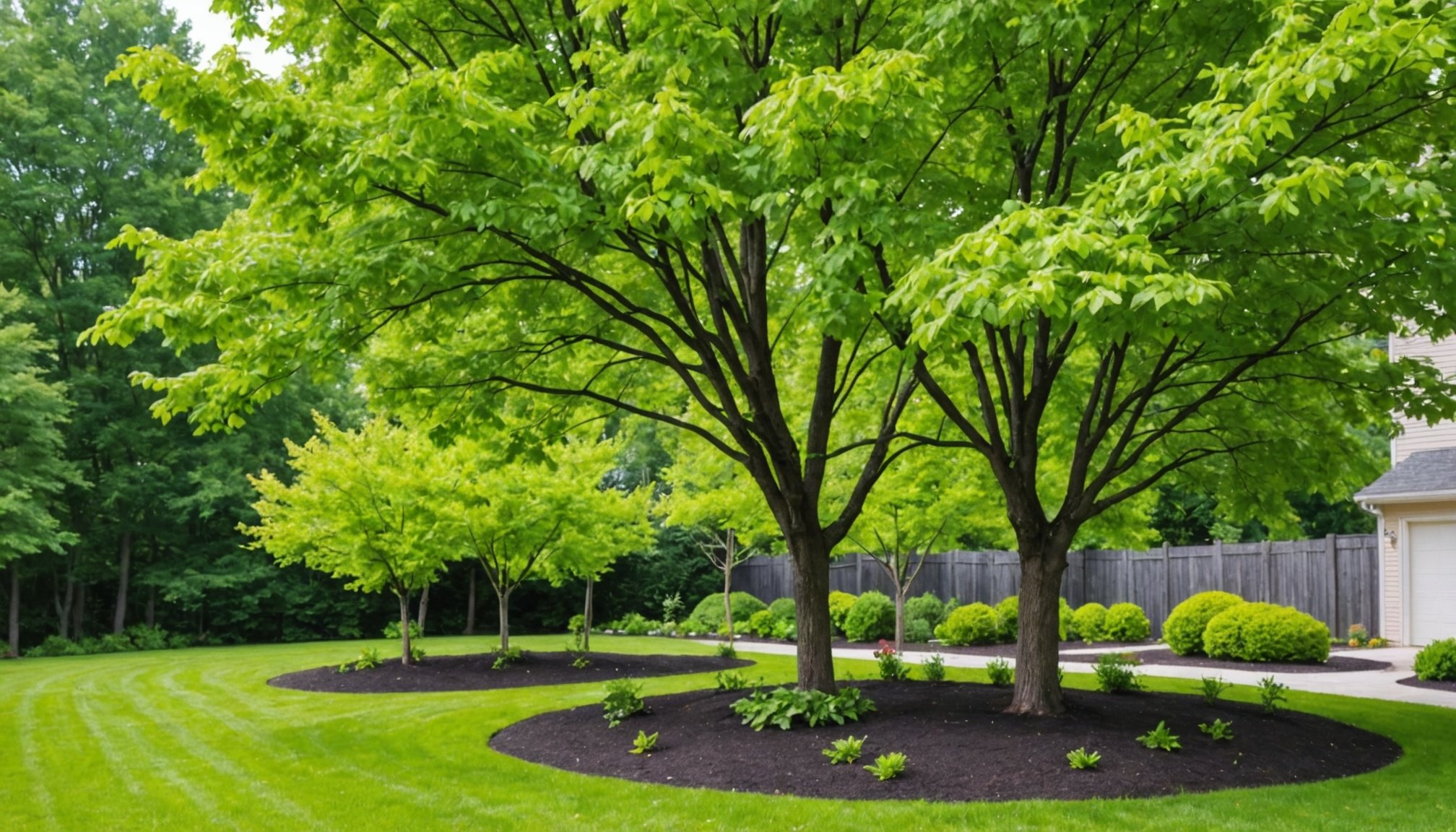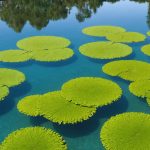In our ever-changing world, understanding the role of trees in sustaining the environment is more crucial than ever. Particularly when considering your own backyard, the act of planting a tree can be a small yet impactful way to contribute to the health of our planet. Not only do trees enhance the aesthetic appeal of our surroundings, but they also bring about significant environmental benefits. As global awareness of climate change and carbon footprints grows, so too does the importance of utilizing natural solutions to combat these issues. Let’s explore how trees in your yard can make a profound difference.
Enhancing Air Quality
When you plant a tree, you’re actively improving the air quality around you—a gift not just for yourself but for the community. Trees act as natural air purifiers. They absorb carbon dioxide (CO2)—a greenhouse gas—and release fresh oxygen into the air through the process of photosynthesis.
In the same genre : How can I create a sustainable garden using recycled materials?
The Role of Trees in Air Quality
Mature trees can absorb hundreds of pounds of carbon annually, reducing the carbon footprint of your household. Simultaneously, this absorption process helps lower the concentration of CO2 in the air, a critical step toward combating climate change. Trees also trap dust, pollen, and smoke, providing cleaner air for all to breathe.
Additionally, trees emit natural substances known as phytoncides, which can reduce airborne bacteria and fungal spores, further ensuring a healthier air environment. In essence, the air you breathe becomes significantly cleaner with the presence of trees.
Also to read : What features should I consider when building a wildlife-friendly garden?
The Impact on Your Yard
Planting a tree in your backyard is not just an investment in the air quality but an investment in your health. The benefits extend to reducing symptoms for those with respiratory issues, enhancing overall well-being, and diminishing the urban heat island effect by cooling the surrounding air.
Conserving Energy and Reducing Costs
Trees hold the remarkable ability to conserve energy and reduce utility costs, making them an ally in sustainable living. Their strategic placement can change the dynamics of your home’s energy consumption dramatically.
Trees as Natural Insulators
During summer, trees offer shade that can lower the temperature of your home by several degrees. A well-placed tree can reduce the need for air conditioning, leading to significant energy savings. In the winter, trees—especially evergreens—act as windbreaks, shielding your home from icy winds and reducing the need for heating. This dual functionality makes trees a natural and cost-effective solution for energy conservation.
Financial Benefits
The financial benefits of having trees in your yard accumulate over time. The reduction in heating and cooling costs can lead to substantial savings annually. Beyond this, a well-landscaped yard with mature trees can increase your property value, offering a return on investment that extends beyond mere aesthetics.
Aiding the Community
When you reduce your energy usage, you contribute to decreasing the overall environmental stress on power plants. Less demand means fewer emissions of harmful pollutants, benefitting not just your household but the broader community.
Supporting Biodiversity
Your backyard can become a bustling hub of life with the inclusion of trees. They play a vital role in supporting local ecosystems, encouraging biodiversity, and fostering a symbiotic relationship between various life forms.
Trees as Habitats
Trees serve as a home for countless species, from birds and insects to small mammals. They provide food and shelter, supporting wildlife throughout the year. By planting trees, you’re helping create habitats that are crucial for the survival of many native species, maintaining the delicate balance of your local ecology.
Encouraging a Thriving Ecosystem
The soil around trees becomes enriched with nutrients from fallen leaves and branches, creating a fertile ground for undergrowth and other plants to thrive. This, in turn, attracts more wildlife, creating a self-sustaining ecosystem.
The Ripple Effect
As wildlife flourishes, they play their role in pollination, seed dispersion, and pest control, thus strengthening the overall health of your yard’s ecosystem. Trees also contribute to water conservation by reducing water runoff and erosion, retaining soil moisture and nutrients essential for plant survival.
Mitigating Climate Change
Planting trees in your backyard is a straightforward but powerful action in the fight against climate change. While individual efforts may seem small, the cumulative impact of many trees is immense.
Carbon Sequestration
Trees are nature’s most efficient carbon sinks. By absorbing carbon dioxide, trees help offset emissions from human activities such as driving and electricity consumption.
Reducing Urban Heat
In urban areas, the proliferation of concrete and asphalt creates heat islands, raising local temperatures. Trees provide shade and release moisture, effectively cooling these areas. This reduction in temperature diminishes the need for air conditioning, leading to a decrease in energy consumption and greenhouse gas emissions.
Long-Term Benefits
As trees mature, their capacity to store carbon increases, making them an invaluable asset in the ongoing battle against global warming. Planting now means providing long-term climate benefits for future generations.
Incorporating trees into your backyard is not just a beautification project—it’s a strategic contribution to environmental health and sustainability. From improving air quality and conserving energy to bolstering biodiversity and mitigating climate change, the advantages of trees are manifold. As stewards of the earth, it’s our responsibility to cultivate spaces that provide life and help combat the existential threats posed by climate change. Together, by planting trees, we can create a legacy of green, vibrant, and sustainable environments for future generations.











